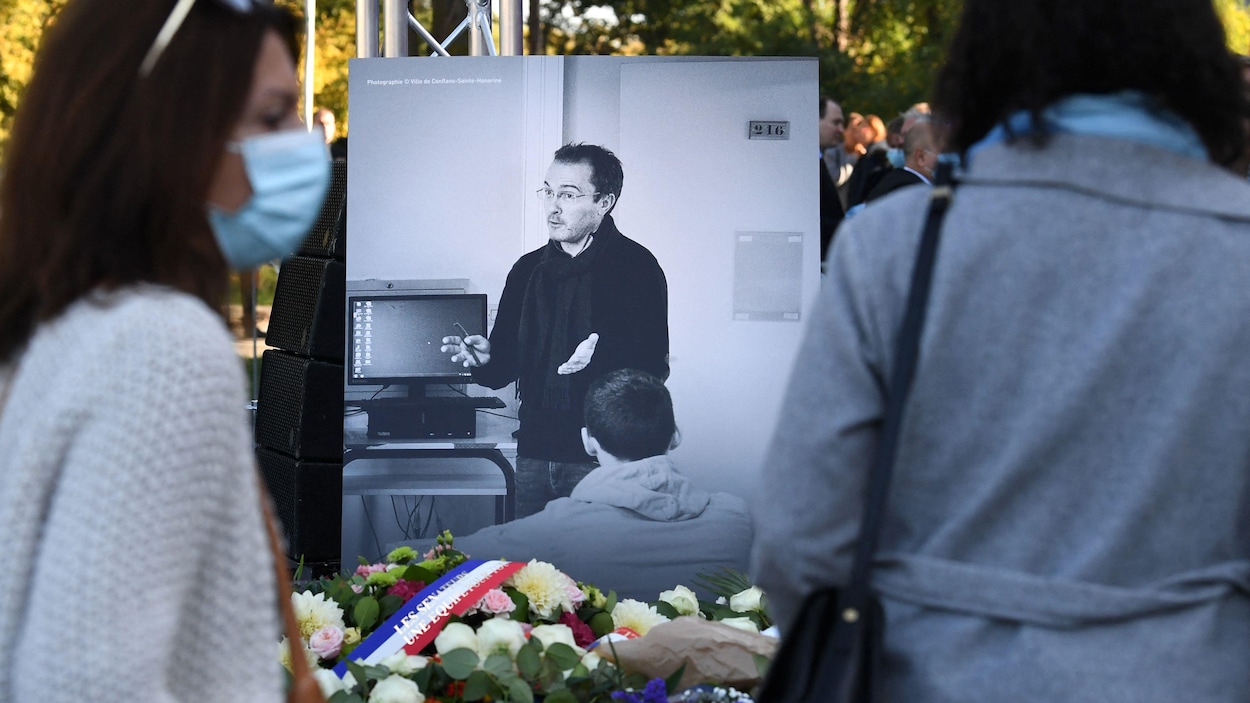Global Reflections on a Year Since the Hamas Attack
As the world marks the anniversary of last year's Hamas attack, communities reflect on tragedy, loss, and the complex path to peace, amidst ongoing global tensions.
Published October 08, 2024 - 03:10am

Image recovered from irishtimes.com
The world has paused to commemorate the one-year anniversary of a devastating attack orchestrated by Hamas on Israel, which took place on October 7th. This attack claimed the lives of approximately 1,200 individuals, mostly civilians, and deeply shook the fabric of Israeli society, leaving an indelible mark on global consciousness. Memorial services were conducted across various nations, emphasizing unity and remembrance amidst the ongoing geopolitical strife in the Middle East.
In Israel, a series of memorial ceremonies took place in key locations such as Tel Aviv's Yarkon Park and the site of the Nova music festival near the Gaza border. These events aimed to honor the victims and provide a platform for families to express their grief and resilience. Among the participants was Yigal Cohen, whose poignant address encapsulated the collective anguish faced by many families who lost loved ones, highlighting demands for accountability and justice.
In parallel, France, via its Foreign Minister Jean-Noël Barrot, reaffirmed its unwavering support for Israel's security, marking its dismay at the violence that has enveloped both Israelis and Palestinians. The minister's tributes at the Nova festival site, coupled with his symbolic meetings with bereaved families, underscored France's diplomatic stance and its call for the release of hostages still held in Gaza.
Globally, commemorations extended from Europe to Asia. In Germany, the names of those killed and kidnapped were solemnly read aloud at Berlin's Brandenburg Gate. Chancellor Olaf Scholz, while expressing solidarity with Israel, also recognized the plight of Palestinian civilians in Gaza, advocating for a ceasefire and the initiation of a political dialogue. Such views were echoed by other European leaders, who balanced their support for Israel with calls for humanitarian relief and peace advancements in Gaza.
Pope Francis and the Vatican emphasized a message of dialogue and peace, addressing the ongoing humanitarian crisis without directly naming the involved parties. The Pope's appeal highlighted a need for international solidarity, human dignity, and the crucial reduction of conflict-driven hostilities.
Meanwhile, Australia and Japan solidified their positions against antisemitism and terrorism, reinforcing their condemnation of the Hamas attacks while expressing concern over the humanitarian toll on Gaza's populace. This sentiment was shared by regional representatives like Italy's Premier Giorgia Meloni, who voiced her country's support for Israel while cautioning against escalating violence and attributing losses on both sides to broader militant strategies.
This anniversary not only serves as a somber reminder of the events that transpired but also as a clarion call for global powers to revisit their diplomatic frameworks to prevent further loss of life. As international leaders advocate for dialogue, the challenge remains to navigate the deeply entrenched divides within the Middle East. The ongoing conflict remains a contentious subject, with countries like Turkey and Iran expressing starkly contrasting narratives on the matter.
Amid renewed violence, which includes Israeli military actions in Gaza resulting in high civilian casualties, such as the fatalities reported by Gaza's health department, and tensions involving Hezbollah and Iranian influences, the path to peace appears fraught with complexity. The global community continues to be urged to move towards a sustainable resolution that respects human rights and fosters mutual understanding among conflicting parties.






